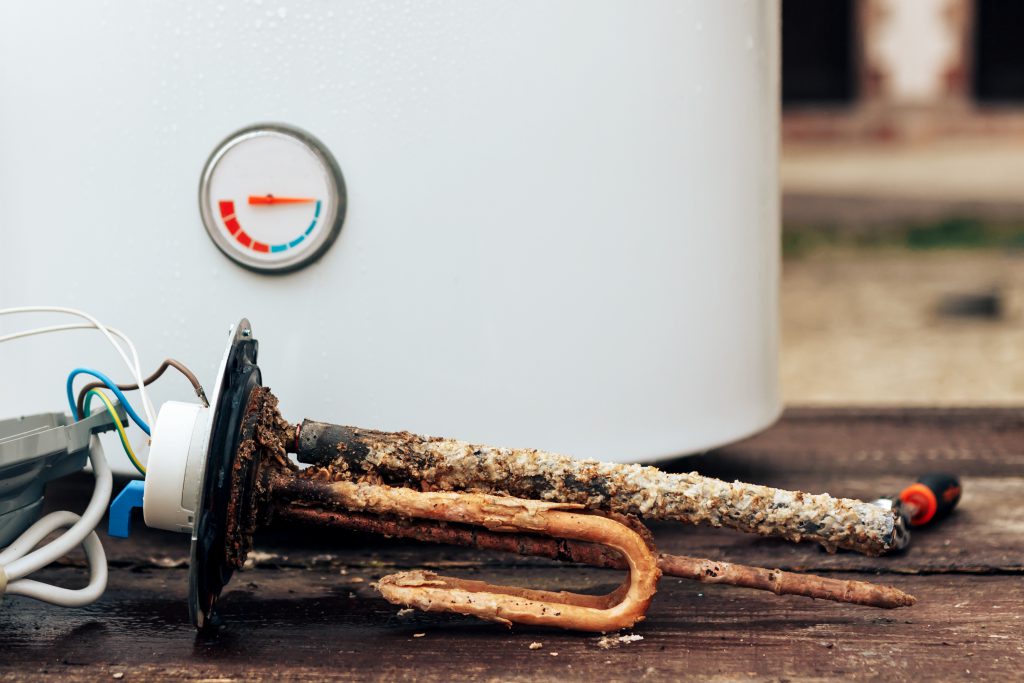Age
First things first — how old is the current water heater in your house? As a general rule of thumb, water heaters need to be replaced between every six to 12 years. That means there’s a six-year period where your water heater can start to deteriorate. After year six, monitor your water heater closely for any inconsistencies.
Clogged Drain Valve
Your water heater needs to be flushed at least once a year. This helps to prevent sediment from building up, clogging the drain valve, and causing water damage. Work with your local plumber to have any necessary maintenance checks performed annually.

Leaking
A leaking water tank is typically a cause of an internal issue, whether that’s a build-up of sediment or rust. In this case, it’s recommended to replace the hot water heater.
Lukewarm Water
Your water heater has one job — to heat up your water. So if you find yourself often taking cold showers or lukewarm baths, it may be because your water heater can’t heat up. In this case, it’s best to call in a professional for an opinion.
Rust
Any water coming out of the taps, toilet, or shower in your home should be clear in color. If you turn on the faucet and rust-colored water starts pouring out, it could be a sign that your water heater is corroded. As your water heater ages, it typically begins to rust, turning the water in your faucet a lovely, dirty brown.
Performing regular maintenance checks on your hot water heater can not only help you lengthen its lifespan, but it can also save you from costly repairs due to water damage. First Chicago Plumbing can help you stay on top of any plumbing maintenance and, in the worst case, perform hot water heater repair. Learn more about our services by giving us a call at (773) 661-7969.


